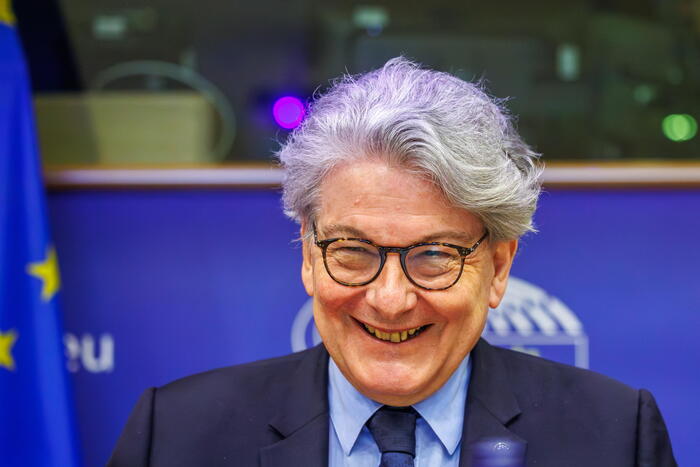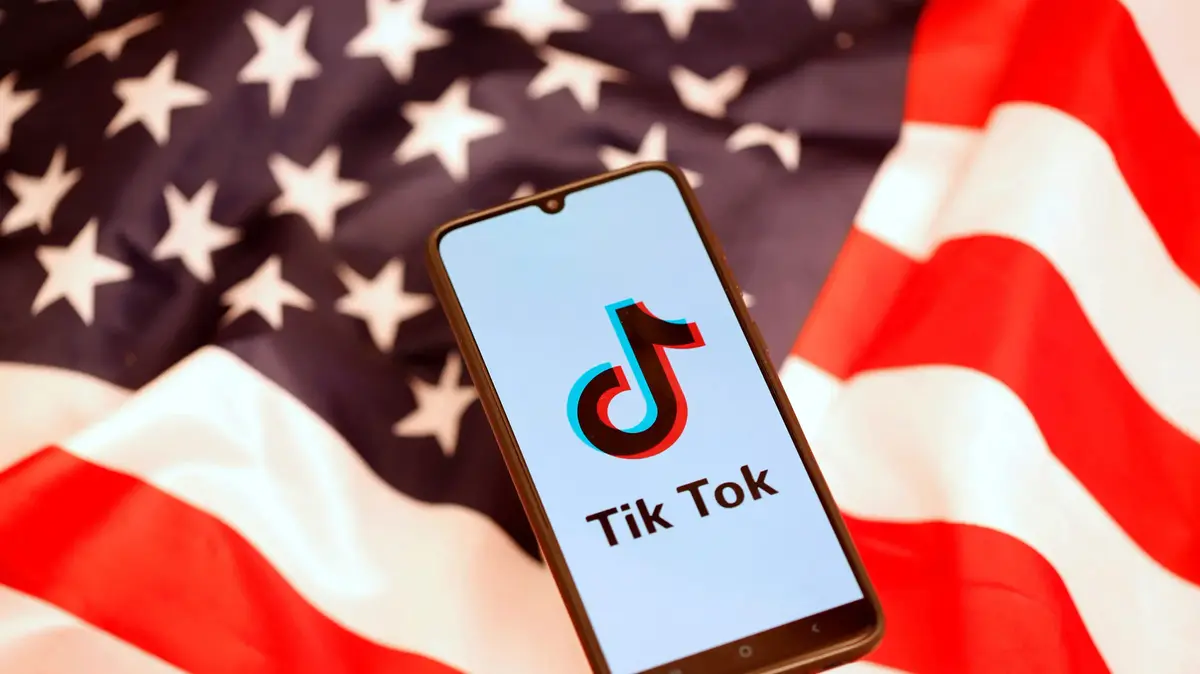Collage of photos of Twitter CEO Jack Dorsey;
the CEO of Google, Sundar Pichai;
and Facebook CEO and founder Mark Zuckerberg.Jose Luis Magana / AP
New appointment of draft for the main executives of Google, Facebook and Twitter -Sundar Pichai, Mark Zuckerberg and Jack Dorsey, respectively-.
The Senate Commerce Committee hearing will confront lawmakers with some of the big tech on Wednesday less than a week before the controversial presidential election.
In the spotlight is the so-called law known as
Section 230
, which protects companies from liability for content posted by their users.
This is the second appearance of the directors of
big tech
before legislators.
In late July, Pichai and Zuckerberg, along with Amazon CEO Jeff Bezos;
and Apple's Tim Cook appeared online before the antitrust subcommittee of the US Congress.
Both the Administration of President Donald Trump and its allies have multiplied efforts in the corridors of Washington to attack Section 230 of the Communications Decency Act.
This rule doesn't just have Trump's anger.
Joe Biden., The Democratic nominee, has also on occasion called for it to be repealed, arguing that it allows companies to shirk responsibility.
Twitter CEO Jack Dorsey said Tuesday that the proposal to reform a law that provides online liability protection could lead to more "harmful content" by limiting the ability of platforms to remove abusive material.
These comments are part of the testimony prepared by the executive.
"Eroding the foundations of Section 230 could collapse the way we communicate on the internet, leaving only a small number of well-funded, giant tech companies," said Dorsey.
Ted Cruz promoting tomorrow's Senate hearing with Zuckerberg, @jack, and Sundar like it's a UFC fight.
pic.twitter.com/13rUwFff5G
- Donie O'Sullivan (@donie) October 28, 2020
"Thanks to Section 230, people have the freedom to use the Internet to express themselves," said Mark Zuckerberg, the founder and chief executive of Facebook.
"We believe in giving people a voice, even when it means defending the rights of people with whom we do not agree," he added.
The so-called Section 230 is a federal regulation created in 1996 created for the then incipient Internet industry.
In that year, Google was two years away from birth and Mark Zuckerberg was an 11-year-old schoolboy.
The law barely adds 28 words: "No provider or user of an interactive computer service should be treated as the publisher or issuer of any information from another provider of informational content," the law establishes.
This section establishes that these companies are platforms, and not content publishers.
Thus, they cannot be held accountable for their users' publications.
Lawmakers on the Warpath
The directors will face this Wednesday a series of political leaders led by the head of the Federal Communications Commission, Ajit Pai.
No unanimous accusations: The Democratic wing believes that Section 230 is too lenient and allows the proliferation of abusive content and incitement to violence.
Republicans, on the other hand, argue that it is used in an unfair way and that it gives platforms the right to suppress the most conservative posts, especially those of President Trump.
Republican Senator Roger Wicker, who chairs the panel, introduced a bill on Sept. 8 that would limit this immunity by requiring platforms to show "objective reasonableness" when removing content.
"Big technology companies have stretched their shield of liability beyond its limits and the public debate is suffering because of it," said Sen. Marsha Blackburn when co-presenting the bill last month.
Proponents of Section 230 claim that the law provides incentives for responsible content filtering and that, according to some of the proposals, internet services could end up having to filter all content posted by third parties, threatening the business model of social networks.
Several analysts cited by Efe affirm, however, that reforming Section 230 is now inevitable, taking into account the growing concerns about the dominance of large internet platforms.
You can follow EL PAÍS TECNOLOGÍA RETINA on Facebook, Twitter, Instagram or subscribe here to our Newsletter.

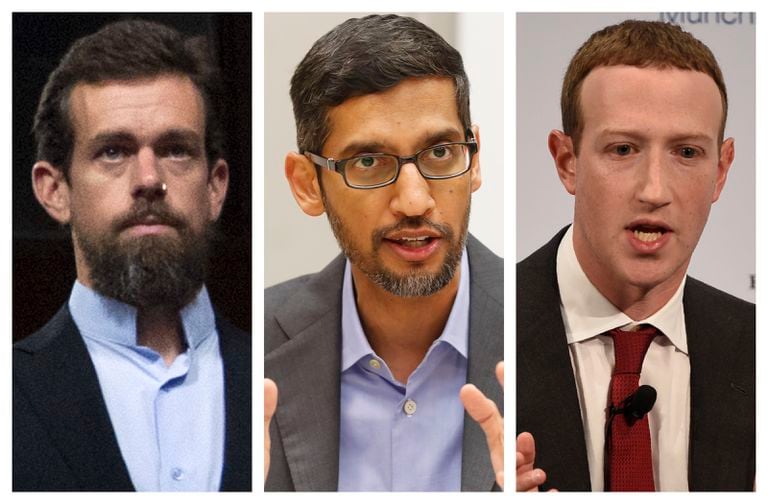


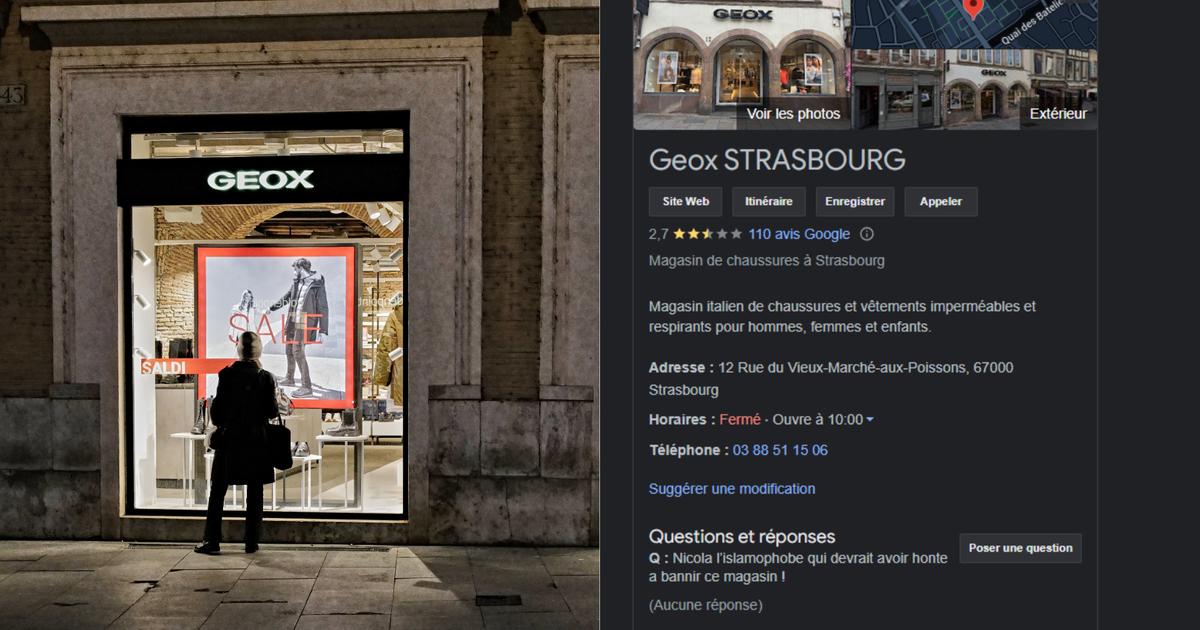
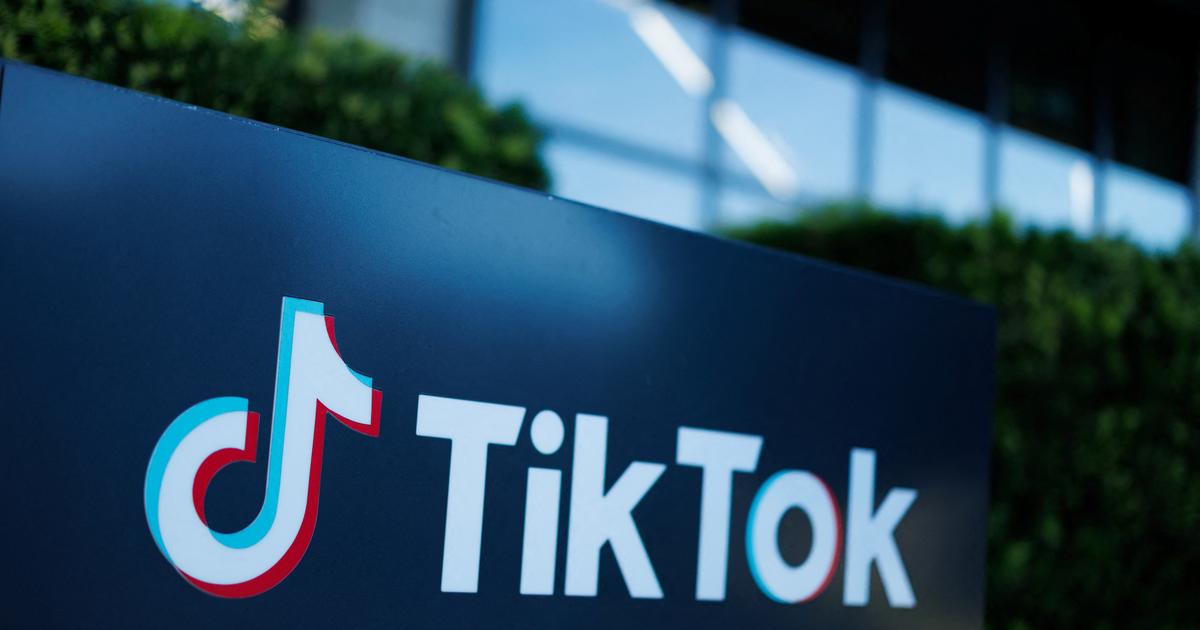
/cloudfront-eu-central-1.images.arcpublishing.com/prisa/WWSN4CTQZ35RU7PJOCTELQTQ64.jpg)
